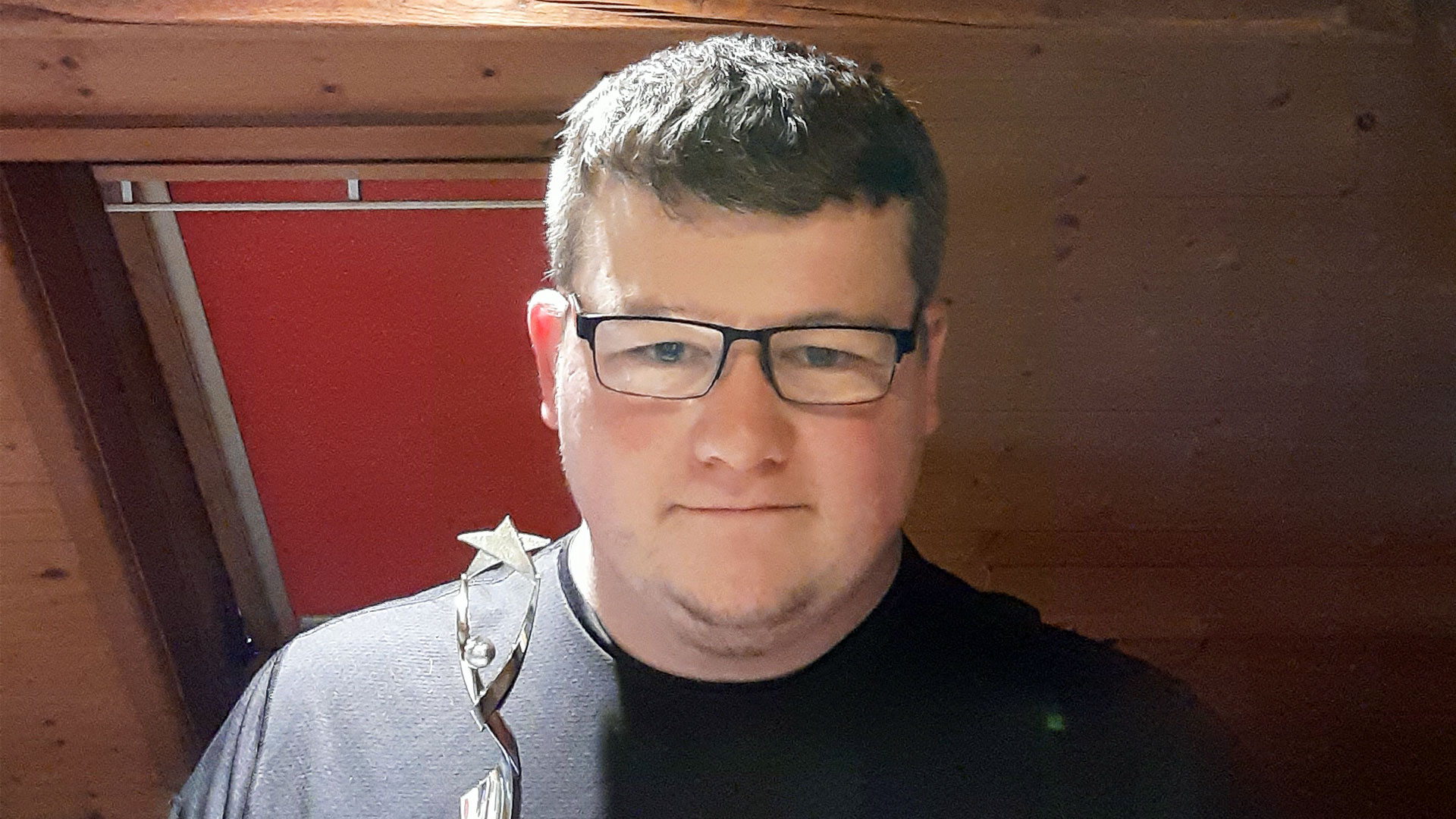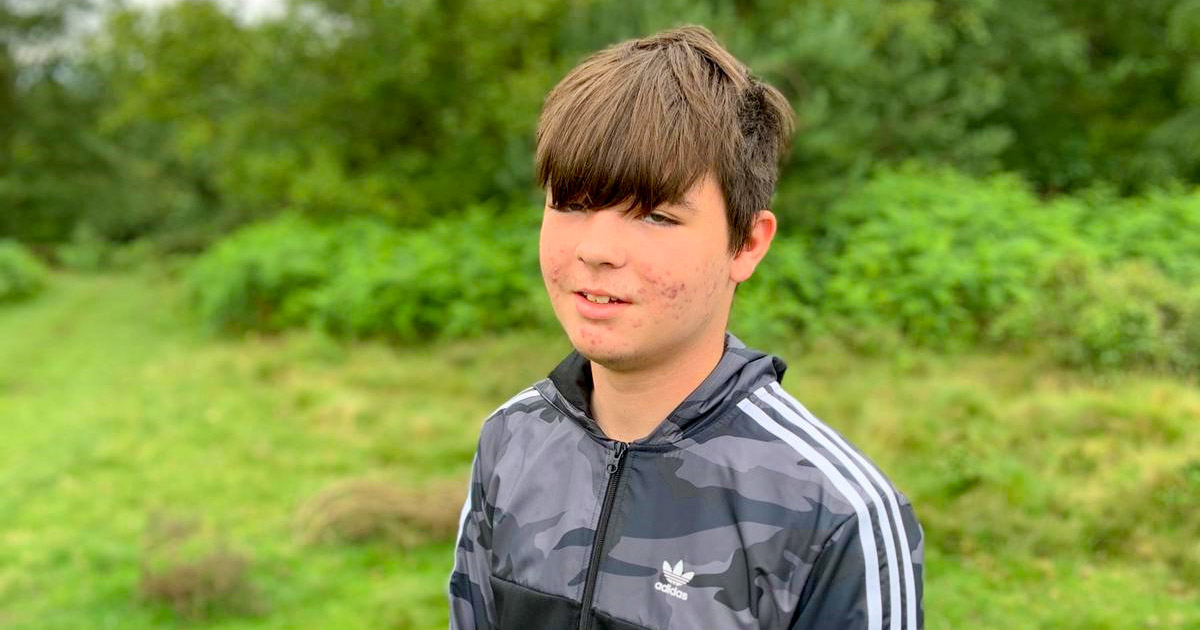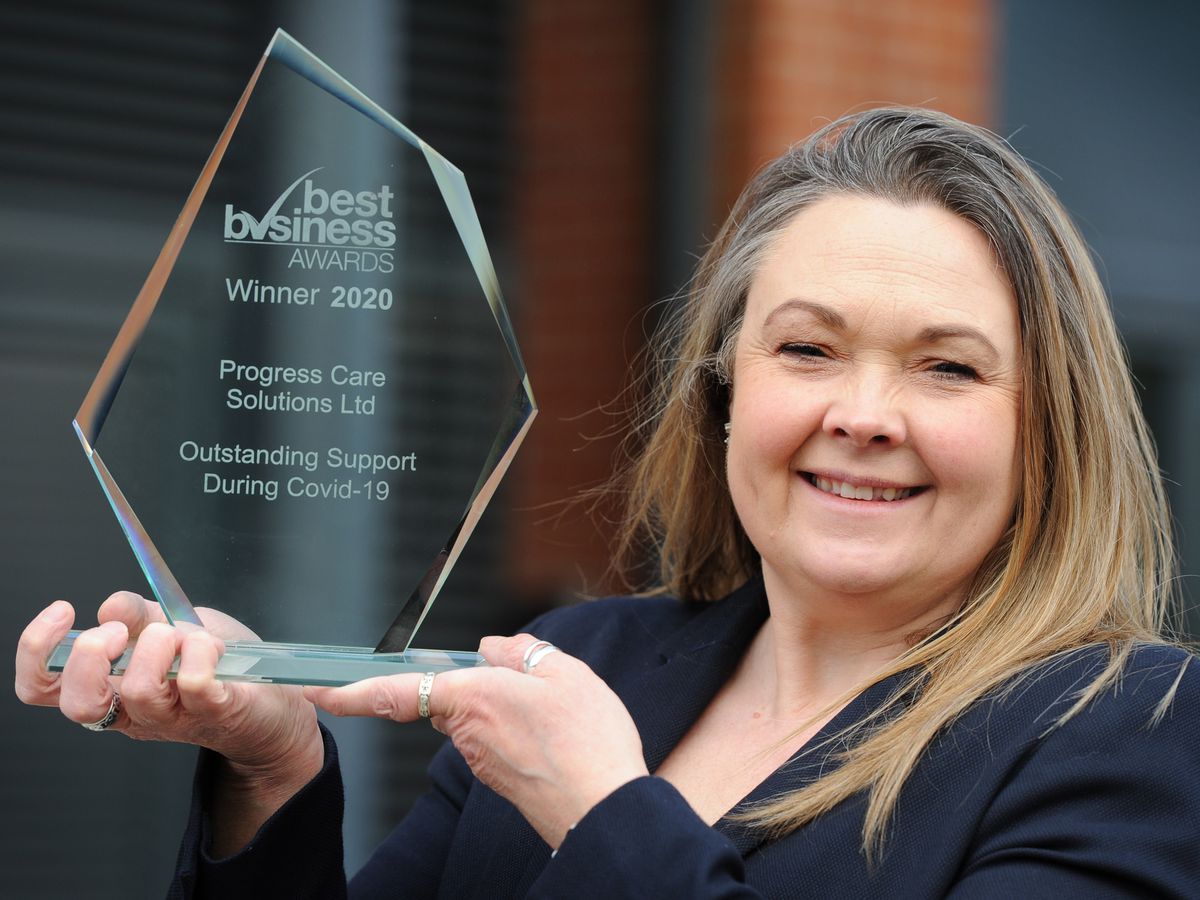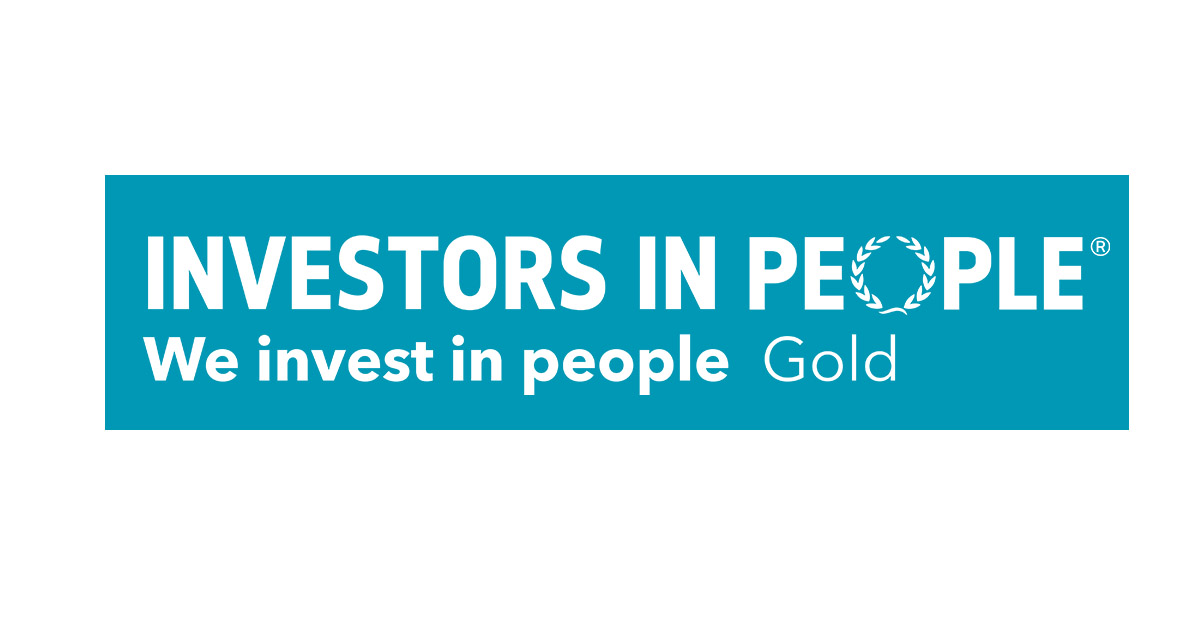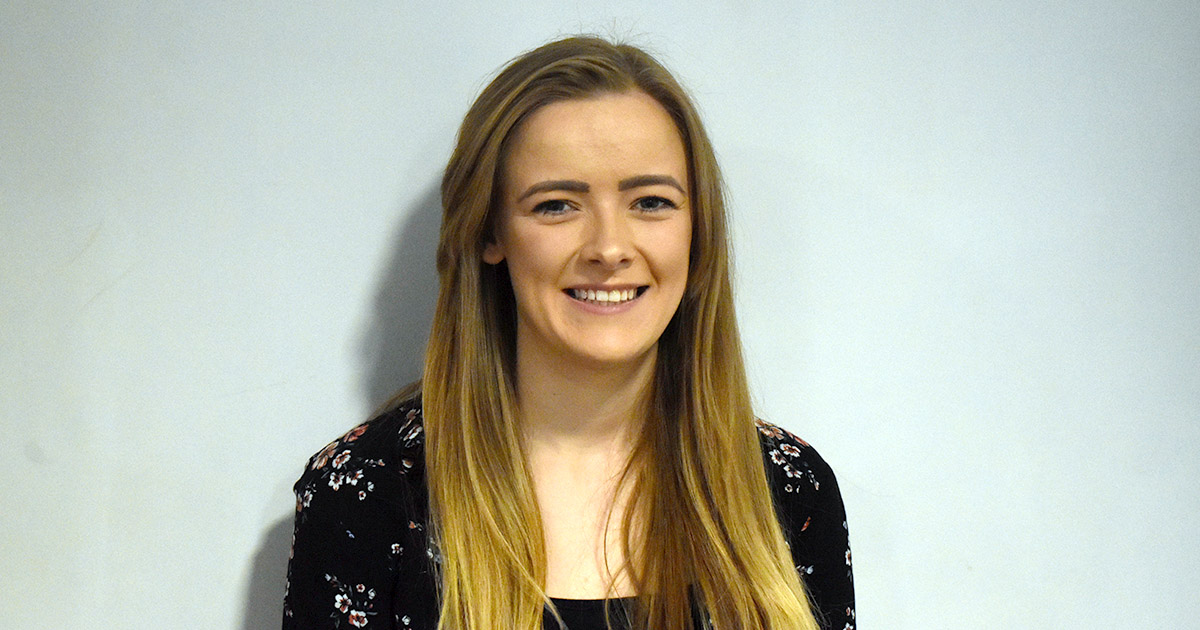The Team Leader at Oak Cottage, on the benefits of working together, his life experience, and being yourself at Progress.
I grew up in challenging circumstances. I was brought up in care and was in foster care too. So, I can relate to the young people I care for and empathise with them.
I can be myself at Progress. Working in care is better than working in an office. I have done both, and I can honestly say that working in care has allowed me to be myself. You will not be thrown into the deep end at Progress. I was given plenty of time to do all my training and got to shadow senior staff too.
Working collaboratively is important. One of the things that I love about Progress is that all the staff are open and accessible. I am pretty curious by nature, and I ask many questions because I want to do well. When I first started working here, the staff helped me gain more confidence in my role.
I have experience to share. For example, if a young person has sensory overload, I can show my colleagues what triggers they need to avoid or what activities they should engage the young person in. If someone is unsure, I am there to help. Providing support is what we do.
Supporting my team is part of my job. As Team Leader I make sure a proper handover has been done. This means the night staff know what has happened in the day with the young people and what they need to look out for. I can then relax knowing the young people are safe and happy, and I have made sure all staff know what they are doing.
This is a career for life. I have a lot to learn, but I would love to be a manager or foster carer. So many children across the UK need some extra support. If you want to change a child’s life – this is for you.
If you want to make difference in the lives of others, visit our recruitment page and apply for a role at Progress today.




